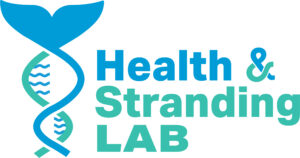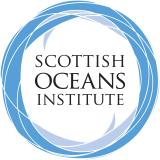STANDARDIZATION OF A GLOBAL APPROACH TO QUANTITATE OXYTOCIN IN SERUM AND URINE OF BOTTLENOSE DOLPHIN
LOCATION: HAWAII, UNITED STATES AND SCOTLAND, UK
| Kristi West, PhD University of Hawaii |
Don Bergfelt, PhD Ross University School of Veterinary Medicine |
Vincent Janik, PhD Kelly Robinson, PhD University of St. Andrews |


PROJECT SUMMARY

Ross University School of Veterinary Medicine
The hormone oxytocin is common in mammals and plays a major role in social bonding. Oxytocin is released when an animal experiences a positive social interaction and it leads to the reinforcement and maintenance of social bonds. Recently we have shown that oxytocin levels vary across different bond types in bottlenose dolphins, with dependent calves often having high levels of oxytocin in their blood. Measuring oxytocin provides the potential to better understand the quality of social relationships and well-being of dolphins.

Ross University School of Veterinary Medicine
We propose to standardize a global approach to measuring dolphin oxytocin in blood and urine, the latter providing potentially providing usable samples that require a less invasive sample method than taking blood. We will collect pooled dolphin blood and urine samples that will be split and analyzed using two different enzyme analysis methods in a University of Hawaii and University of St. Andrews laboratory. We will compare the performance of these different methods and assess the feasibility of using urine to determine levels of dolphin oxytocin. Our results will provide a globalized approach to measuring dolphin oxytocin and support future oxytocin work.

Ross University School of Veterinary Medicine






